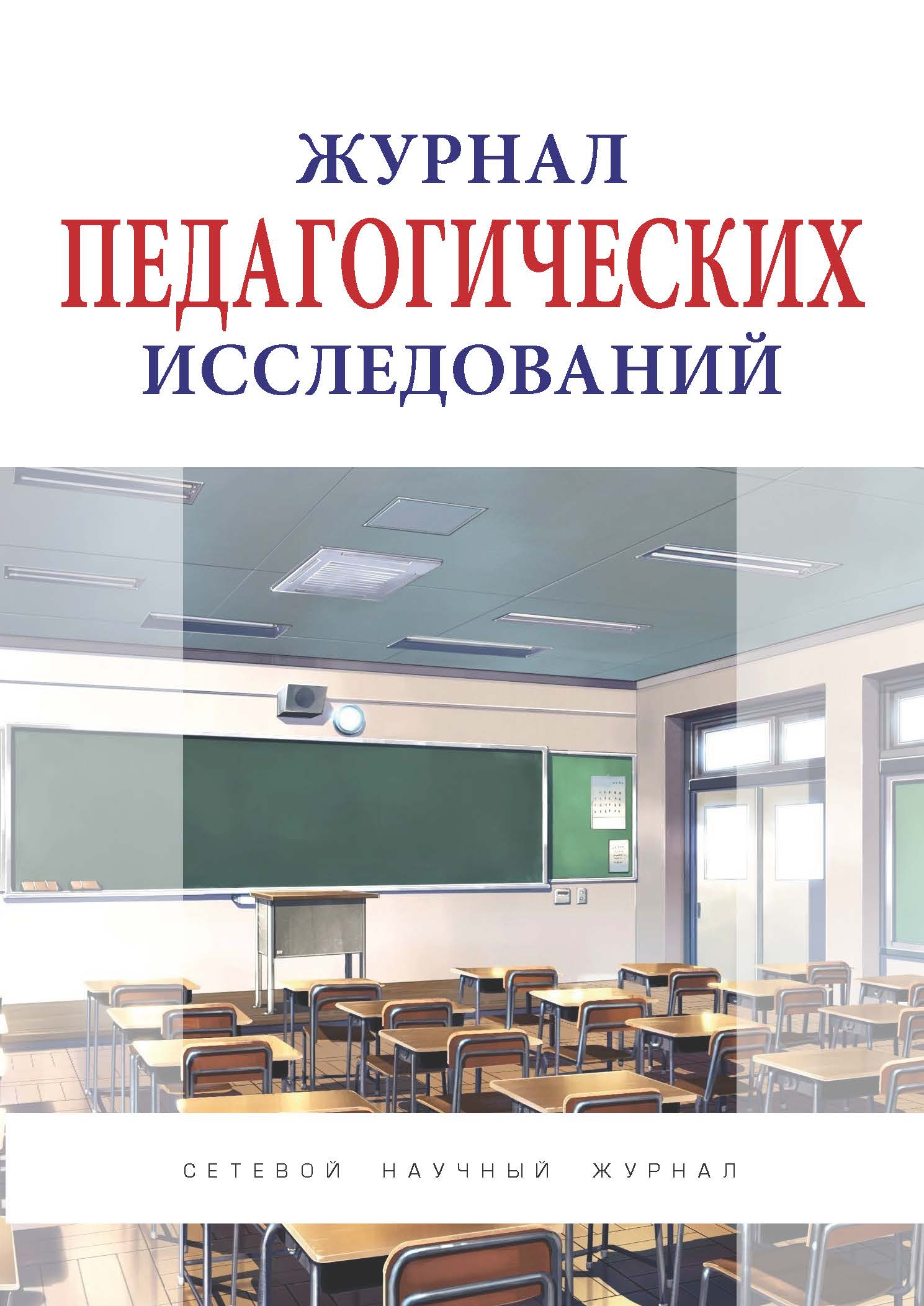Minsk, Belarus
37
The development of approaches to the formation of didactic materials focused on displaying scien-tific and informational reality and providing the best perception and assimilation of the discipline is relevant for modern engineering education, the requirements for which are undergoing significant changes. The article discusses an approach to the development of didactic materials with the condi-tional name "compression with quality improvement", in which the fulcrum is transferred from the textbook to the scientific and informational reality. At the same time, engineering knowledge is di-vided into two interrelated components: the essential content of knowledge and information or in-telligence. The concept of a conceptual framework (CPC) of the discipline is formulated and the principles of its creation are listed, the general structure of the CPC is considered, the methodology for forming its elements is outlined, and a fragment of a conceptually oriented synopsis is given
engineering education, engineering activity, engineering knowledge, conceptual framework
1. Gal'perin P.Ya. (2008) Psikhologiya kak ob"ektivnaya nauka : izbrannye psikhologicheskie Trudy [Psychology as an Objective Science: Selected Psychological Works]. Moscow : Izd-vo Moskovskogo psikhologo-sotsial'nogo in-ta, 478 p. (In Russ.). EDN: https://elibrary.ru/QXWDXR
2. Shatalov V.F. (1987) Uchit' vsekh, uchit' kazhdogo. [Teach everyone, teach everyone]. Moscow : Pedagogical search, pp. 159-167 (In Russ.).
3. Serebryakova N.G. (2021) Proektirovanie sistemy inzhenernogo obrazovaniya novogo pokoleniya [Designing a system of engineering education of a new generation]. Moscow : Public Education, 184 p. (In Russ.).
4. Abushenko V.L., Simonov A.I., Maler E.A. (2023) "Znanie". Available at: URL: https://gtmarket.ru/concepts/7283 (accessed 01.05.2023).
5. Steklova I.V. (2003) Vzaimosvyaz' i obosoblennost' tipov znanii v nauke i filosofii [Relationship and isolation of types of knowledge in science and philosophy] Sotsial'no-gumanitarnye znaniya. № 2.pp. 173−174. (In Russ.).
6. Makarov A.V., Fedin V.T. (2013) Proektirovanie i realizatsiya standartov vysshego obrazovaniya. [Design and implementation of higher education standards]. Minsk : RIVSH, 316 p. (In Russ.).
7. Chuchalin, A.I. (2018). Modernization of Three-Cycle Higher Education Based on FSES 3++ and CDIO++. Vysshee obrazovanie v Rossii = Higher Education in Russia. Vol. 27, no 4, pp. 22-32. (In Russ., abstract in Eng.). EDN: https://elibrary.ru/YWRMEB
8. Graham R. (2018) The global state of the art in engineering education. Massachusetts Institute of Technology (MIT), 170 p. Available at: https:// rhgraham.org/resources/Global-state-of-theart-in-engineering-education---March-2018.
9. Crawley, E., Malmqvist, J., Ostlund, S., Brodeur, D., Edström, K. (2014). Rethinking Engineering Education, the CDIO Approach. 2nd ed. Springer. 286 p. (Russian translation: Moscow: HSE Publ., 2015, 504 p.).
10. Baidenko V.I. (2006) Vyyavlenie sostava kompetentsii vypusknikov vuzov kak neobkhodimyi etap proektirovaniya GOS VPO novogo pokoleniya [Identification of the composition of the competencies of university graduates as a necessary stage in the design of the State Educational Standard of Higher Professional Education of a new generation] Moscow : Research Center for Quality Problems in Specialist Training. 71 p. (In Russ.).
11. Ivakhnenko, E.N., Nikolskiy, V.S. (2023). ChatGPT in Higher Education and Science: Threat or a Valuable Resource? Vysshee obrazovanie v Rossii = Higher Education in Russia. Vol. 32, no. 4, pp. 9-22, doi:https://doi.org/10.31992/0869-3617-2023-32-4-9-22 (In Russ., abstract in Eng.). EDN: https://elibrary.ru/TZHIHU
12. Helmut E. Lück (2016) Hermann Ebbinghaus. Lernen und vergessen experimentell erforscht, in: ders.: Die psychologische Hintertreppe. Die bedeutenden Psychologinnen und Psychologen in Leben und Werk [Hermann Ebbinghaus. Learning and forgetting researched experimentally , in: ibid.: The psychological backstairs. The important psychologists in life and work] Freiburg im Breisgau. S. 42-52.
13. Dil'tey V., Ril A., V. Ebbingauz G. (2006) Filosofiya v sistematicheskom izlozhenii V. Dil'teya, A. Rilya, V. Ostval'da, V. Vundta, G. Ebbingauza, R. Eykena, F. Paul'sena, V. Myunkha, T. Lippsa [Philosophy in a systematic presentation by W. Dilthey, A. Riehl, W. Ostwald, W. Wundt, H. Ebbinghaus, R. Aiken, F. Paulsen, W. Münch, T. Lipps] Moscow : Territory of the future, 437 p. (In Russ.).
14. 14. Krug S. (2012) Don't Make Me Think! A Common Sense Approach to Web Usability. USA : New Riders Publishing Berkeley, California, 215 p. (Russian translation: Ed. Raitman, Sankt-Peterburg : Simvol, 2012, 215 p. EDN: https://elibrary.ru/QMXCWT
15. Serebryakova N.G. (2020) Analysis of the cycle of disciplines "Computer sciences" in engineering education. Vysheyshaya shkola: navukova-metadychny í publítsystychny chasopís. - 2020. - no. 4 (138), pp. 39-43. (In Russ.). EDN: https://elibrary.ru/RBOSUN






